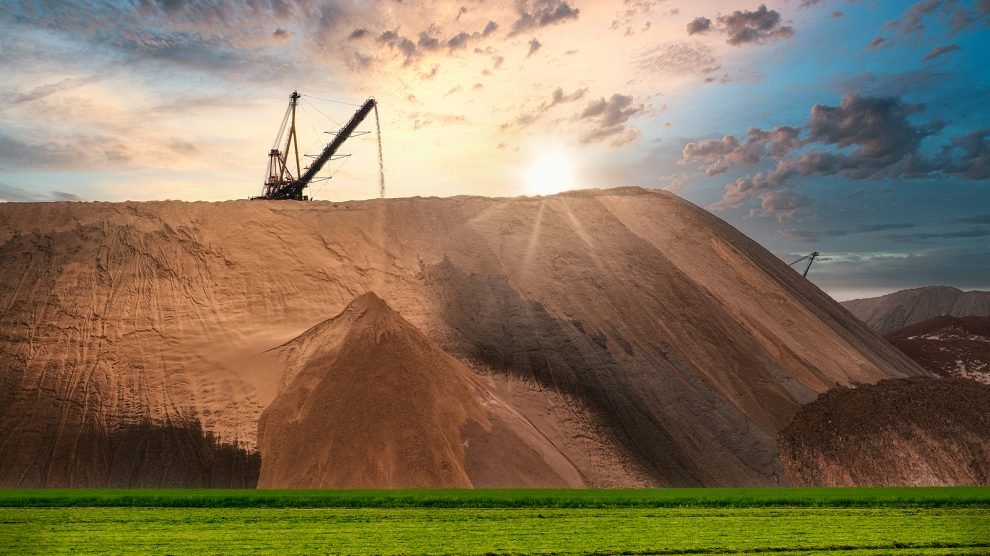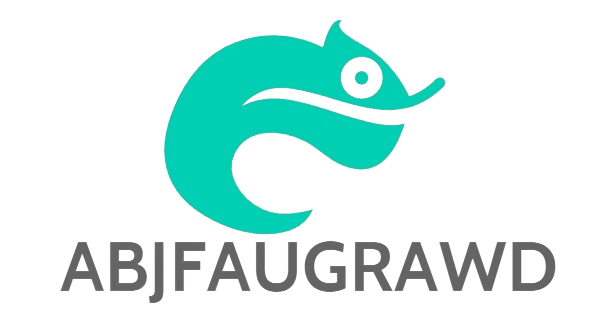
For the first time since a disputed presidential election in August 2000, which Belarusian dictator Alexander Lukashenko claims to have won by having an implausible 80 per cent of the vote, the European Union has decided on sanctions individuals country’s economy.
EU foreign ministers, meeting in Luxembourg on June 21, have decided on sanctions which will hit Belarus's key export industries, including oil, tobacco and potash, a potassium-rich salt used in fertiliser, all major sources of forex for the Lukashenko regime.
EU banks will also be banned from offering loans or investment services, while 86 people and entities will be put into the bloc's current sanctions list.
The latest sanctions are available in direct response to the hijacking of a Ryanair flight from Athens to Vilnius and also the subsequent arrest of the journalist Roman Protasevich and his girlfriend, Sofia Sapega, who were detained after being hauled off the downed plane.
“We won't only sanction individuals but also areas of the economy which are important to the regime,” said Germany's foreign minister, Heiko Maas, in a statement on the German foreign ministry's Twitter account. “We want to make Lukashenko's regime run dry financially.”
The EU's foreign policy chief, Josep Borrell, meanwhile told reporters that sanctions “are a way of putting pressure around the government of Belarus, which are likely to hurt. These are likely to hurt the economy heavily.”
Belarus may be the world’s second largest producer and exporter of potash, behind only Canada, with exports to the EU this past year topping 1.2 billion euros.
The country also exported several billion euros price of oil and related products, such as fuel and lubricants.
‘Sanctions will help end violence’
The EU has been coming under increasing pressure to step up its action from the rogue state since the Ryanair flight was forcibly diverted to the Belarusian capital Minsk, allowing the country’s security services to board the plane and arrest Protasevich and Sapega.
The EU had already banned its airlines from flying over Belarusian airspace, while Belarusian airlines have been banned from the EU.
The country’s exiled opposition leader, Svetlana Tikhanovskaya, who by objective measure soundly defeated Lukashenko in last year’s election, met using the EU’s foreign ministers before their meeting, said that she was “deeply grateful” for the new measures.
“I showed them the bullet obtained from the lung of the young activist injured by Lukashenko’s thugs during peaceful protests last August. I needed to exhibit the ministers what risks activists and journalists face on a daily basis in Belarus,” she said.
Tikhanovskaya, that has long lobbied the EU for firmer action against the Minsk regime,” added that while sanctions aren’t a silver bullet, “they are able to help to end violence and release people.”
Although protests against Luksashenko have abated recently, the Belarusian regime has over the past few weeks upped its repression from the country's opposition, targeting journalists particularly.
According towards the Belarusian Association of Journalists, as much as 430 journalists happen to be arrested since last August's election.
In February, Daria Chultsova and Katerina Bakhvalova from the Polish-based opposition television channel Belsat were each sentenced to two years imprisonment on charges of fomenting unrest while covering the protests to come the presidential vote.


